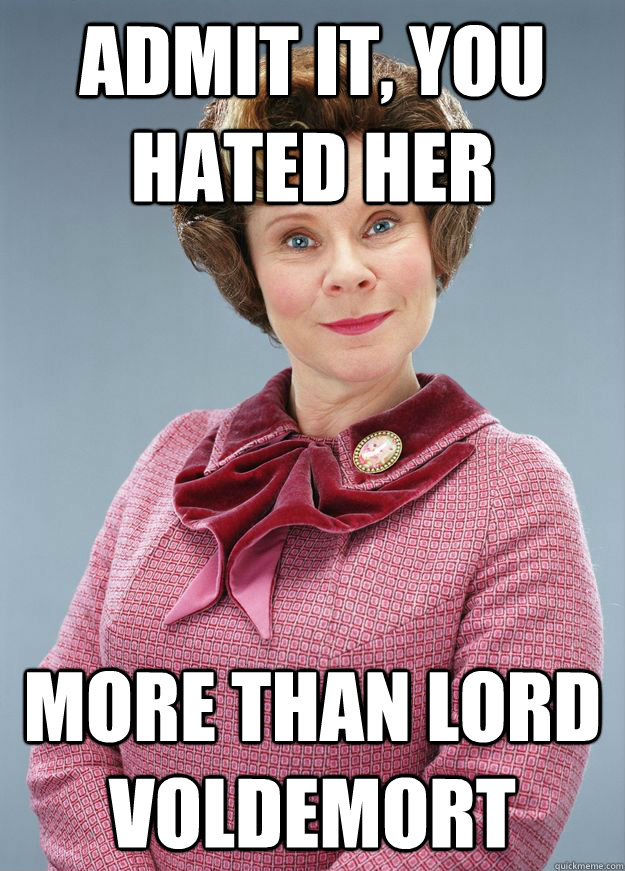As a fan of nautical writers CS Forester and Patrick O’Brian* I do like reading the rollocking adventures of the intrepid Captains of His Majesty’s Navy avasting their mainsails and hoisting their topgallants against the scourge of Emperor Napoleon’s forces. In these books I discovered a new nautical term, a “Yellow Admiral”.

When naval captains of the 18th/19th Century achieved seniority they were promoted to the ranks of admiral. There was no promotion on merit, it was simply a case of surviving until a position opened up. There were three ranks of Admiral (rear Admiral, Vice Admiral and Full Admiral) for each of the main naval forced: the Red, White and Blue squadrons, which were patrolling key strategic areas of the world’s oceans. However, there were some captains that you really did not want to be in charge of a single ship, let alone a naval battle group. These individuals were dubbed “Yellow Admirals” and were given administrative positions on land. As a result, a lot of naval logistics in the Napoleonic wars was mired by incompetence, ego-driven power plays, and financial irregularities. We have something similar in academia: instead we don’t call them Yellow Admirals, we call them Associate Deans.
